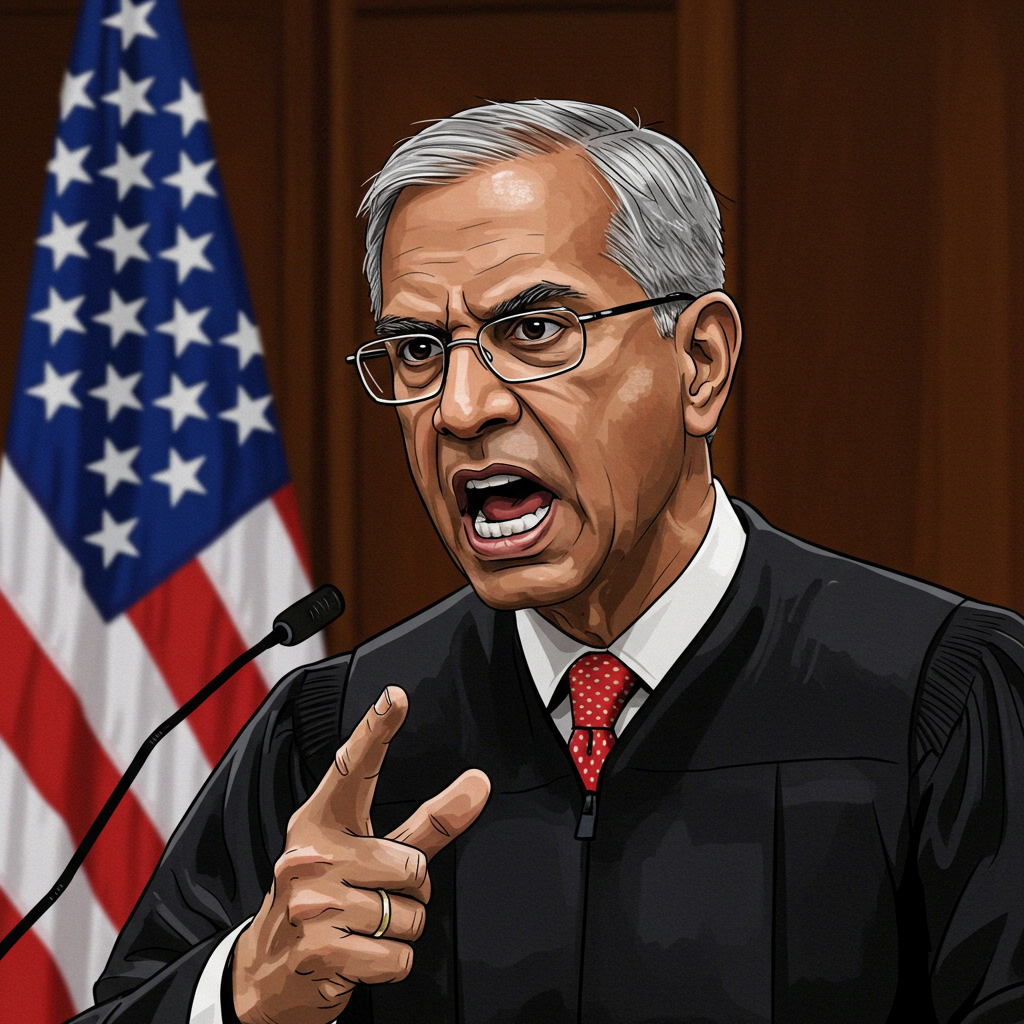The high-profile federal criminal trial of music mogul Sean “Diddy” combs has reached a critical phase. After weeks of intense testimony, the 12-member jury has begun deliberating his fate. Combs, 55, faces serious charges that could result in a life sentence if he is found guilty. His legal team and prosecutors presented vastly different pictures of the allegations, leaving the complex decision in the hands of the jury.
This Manhattan federal court case centers on five criminal counts against Combs. These include one charge of racketeering conspiracy. He also faces two counts of sex trafficking by force, fraud, or coercion. The indictment further includes two counts of transportation to engage in prostitution. Combs has entered a plea of not guilty to all charges.
Prosecutors spent over a month building their case against Combs. They called nearly three dozen witnesses to the stand. Their central argument paints Combs as the head of a criminal enterprise. They allege he used his power and business network to abuse, threaten, and coerce women. These actions, they claim, forced victims into participating in drug-fueled group sexual encounters. Prosecutors argued Combs employed tactics like threats, kidnapping, and arson to maintain control. Assistant U.S. Attorney Christy Slavik asserted in closing arguments that Combs used “power, violence and fear.” She urged the jury to hold him accountable for his alleged actions over decades.
In contrast, the defense rested its case without calling any witnesses, including Combs himself. Lead defense attorney Marc Agnifilo described the prosecution’s case as “badly, badly exaggerated.” He suggested Combs was “targeted” by the government. While acknowledging Combs engaged in a “swinger lifestyle” and had issues with drug abuse and past domestic violence, Agnifilo strongly denied the specific charges. He stated Combs would “fight to the death” against accusations he was a criminal enterprise leader or committed the crimes charged. The defense maintained that any sexual encounters were consensual.
Jury Begins Deliberations
Following lengthy legal instructions from Judge Arun Subramanian, the jury commenced their deliberations on Monday. This marked the start of the final stage of the trial. The jury panel consists of eight men and four women. They range in age and come from diverse professional backgrounds across the New York City area. Several jurors indicated they were familiar with hip-hop music and some were aware of the widely publicized 2016 video showing Combs assaulting Cassie Ventura.
The first day of deliberation lasted for about five and a half hours. It concluded without the jury reaching a verdict on any of the five counts. Deliberations are scheduled to resume the following morning at 9 a.m. ET. The jury has no set time frame for reaching a decision.
Key Notes Sent from the Jury Room
During their initial deliberation period, the jury sent multiple notes to the judge. These notes provided a rare glimpse into their process and potential challenges. Just about an hour into discussions, a note indicated concern about one specific juror, Juror No. 25. The note stated, “We are concerned Juror 25 cannot follow your honor’s instructions.” This juror is reportedly a scientist and veterinarian with a Ph.D. Judge Subramanian responded by sending a note back to the entire jury. He reminded them of their duty to deliberate together. He also reiterated their obligation to follow his legal instructions precisely. He further instructed them not to reveal specifics about their discussions in future notes.
Later in the day, the jury sent another note to the judge. This communication contained a specific question regarding the narcotics distribution allegations. These allegations are relevant to the racketeering conspiracy charge. The jury asked for clarification on how to consider these charges, particularly if a person asked for drugs before receiving them. This suggests the jury is carefully examining the specific legal elements required for conviction. The judge indicated he would provide an answer to this question the following morning.
A final note from the jury confirmed their decision to conclude deliberations for the day at 5 p.m. The judge thanked the jury for their service. He reminded them to avoid news about the case and to maintain an open mind. He also noted the skill displayed by both legal teams throughout the trial.
Understanding the Charges and Requirements
The charges against Sean Combs are serious and complex. The two sex trafficking counts allege he forced former girlfriends, identified as Cassie Ventura and “Jane,” into “commercial sex acts.” This reportedly included forced participation in “freak offs” with male escorts. Conviction on these counts carries a potential sentence of life in prison each. The two transportation charges allege Combs arranged for paid male escorts to travel across state lines for sex with Ventura and Jane. These charges carry a maximum sentence of 15 years per count.
The racketeering conspiracy charge is particularly broad. It accuses Combs of conspiring with others within his business empire to commit crimes. To convict on this count, the jury must unanimously agree that Combs conspired with at least one other person. They must also find he agreed to commit at least two of the government’s proposed “predicate acts” within a 10-year period. These predicate acts could include crimes like sex trafficking or narcotics distribution. The government listed 10 potential predicate acts for the jury’s consideration. The racketeering charge also carries a potential life sentence.
The jury’s decision on every single count must be unanimous. If they cannot reach a unanimous verdict on a charge, it could result in a hung jury. This could potentially lead to a mistrial for that specific count. Judge Subramanian’s extensive instructions, reportedly spanning around 118 pages, outlined the legal standards. He emphasized that the government must prove Combs’s guilt beyond a reasonable doubt for each charge. This high standard requires jurors to feel “entirely confident” in their decision after reviewing all the evidence.
The presence of Combs’s family, including his mother and five children, underscores the gravity of the moment. Combs was reportedly granted permission to have books while awaiting the verdict in his holding cell. The deliberations are expected to continue, with the jury grappling with conflicting narratives, extensive testimony, and complex legal definitions. The resolution of the juror concern and the answer to the narcotics question will be closely watched as deliberations resume.
Frequently Asked Questions
What charges does Sean Combs face in his current trial?
Sean “Diddy” Combs is charged with five federal criminal counts. These include one count of racketeering conspiracy, two counts of sex trafficking by force, fraud, or coercion, and two counts of transportation to engage in prostitution. He has pleaded not guilty to all charges. If convicted on the most serious counts, he could face a potential sentence of up to life in prison.
What happened during the jury’s first day of deliberations in the Combs trial?
On their first day, the jury deliberated for about five and a half hours without reaching a verdict. They sent several notes to Judge Arun Subramanian. One note expressed concern that a specific juror might not be following instructions. Another important note sought clarification on the narcotics distribution allegations relevant to the racketeering charge. The jury plans to resume deliberations the following morning.
What is the significance of the jury notes sent to the judge during deliberations?
The notes provide insight into the jury’s process and potential issues. The note about a juror’s difficulty following instructions is significant as it could potentially impact the required unanimous verdict if not resolved. The question about narcotics allegations indicates the jury is carefully examining the legal definitions and evidence related to the complex racketeering conspiracy charge, showing they are actively engaged in applying the law as instructed.


